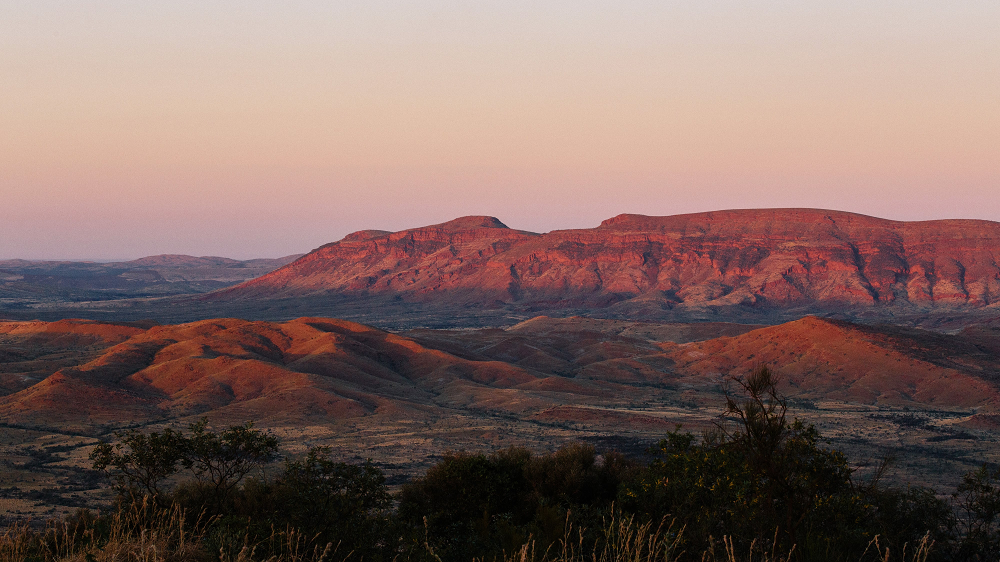
Less than 10% of Australian miners have publicly stated their position on engagement with Aboriginal communities, a study has found.
The analysis by the University of South Australia (UniSA) comes on the back of the high-profile event involving Rio Tinto earlier this year, where the Anglo-Australian mining giant caused the destruction of the Juukan Gorge Aboriginal heritage site in Western Australia.
The miner blasted two 46,000-year-old rock shelters at the site, leading to a public backlash over the loss of the important cultural landmark.
Just 8% of Australian miners disclosed Aboriginal engagement position in sustainability reports
The study by UniSA Business researchers, Dr Amanpreet Kaur and Dr Wei Qian, examined annual and sustainability reports for the 448 publicly listed companies with mining operations in Australia, identifying company policies relating to Aboriginal people and communities based on five dimensions suggested by Reconciliation Australia.
Dr Kaur said: “We found only 36 out of the 448 companies – 8% – provided disclosures on their Aboriginal engagement ideology, policy, and initiatives in their annual or sustainability reports.
“Given the high level of interaction the mining industry has with traditional landowners, that result indicates there is significant potential for improvement in this area.”
In light of the recent events involving Rio, the researchers believe improved public disclosure statements would offer a clear, simple path to “better management of Aboriginal relationships” with the mining industry.
Dr Qian said: “Public disclosure statements are important for a number of reasons. Chiefly, they provide a clear outline of how a company will act, so that stakeholders – be that investors or people impacted by company activities – can respond accordingly.
“A key benefit of that outline process is not just the information it provides to the stakeholders, but the insight gained by the company itself, as that process requires directors to carefully assess and plan their own course of action.”
Framework required for companies to develop Aboriginal engagement disclosure statements
While the study suggests there is “much improvement” to be made in mining industry policy around Aboriginal relationships, the researchers stress its conclusions were “not entirely negative”.
They point to some good examples in their research and suggest that the challenge lies in making other companies aware of “more progressive, inclusive industry policies”.
Dr Kaur said there are some good messages coming out in this area, but the problem is they are “just not wide-spread enough” and there “isn’t the awareness in the industry of how to go about this”.
“The next phase of our research will construct a framework for companies to develop these kinds of disclosure statements, to help them learn from each other, and to ensure there are techniques for evaluating their effectiveness,” she added.
The research highlights that, currently, it is mainly the large mining operators who have addressed Aboriginal relations in an official capacity, and such policies tend to focus on “philanthropic community programmes and land rights”.
The researchers believe that building on and improving the frameworks for engagement offers an opportunity to ensure better outcomes for both Aboriginal stakeholders and the mining companies.
Dr Qian said: “There are some existing programmes that aim to increase Aboriginal employment and involvement in the industry, but currently these roles are marginalised, with little leadership potential, and no real attempt to share and learn from the knowledge of the traditional landowners.
“We believe that establishing a framework for understanding and improving these engagements is a real opportunity for furthering reconciliation, encouraging more equal relationships between stakeholders, and recognising the Indigenous knowledge of traditional landowners.”



